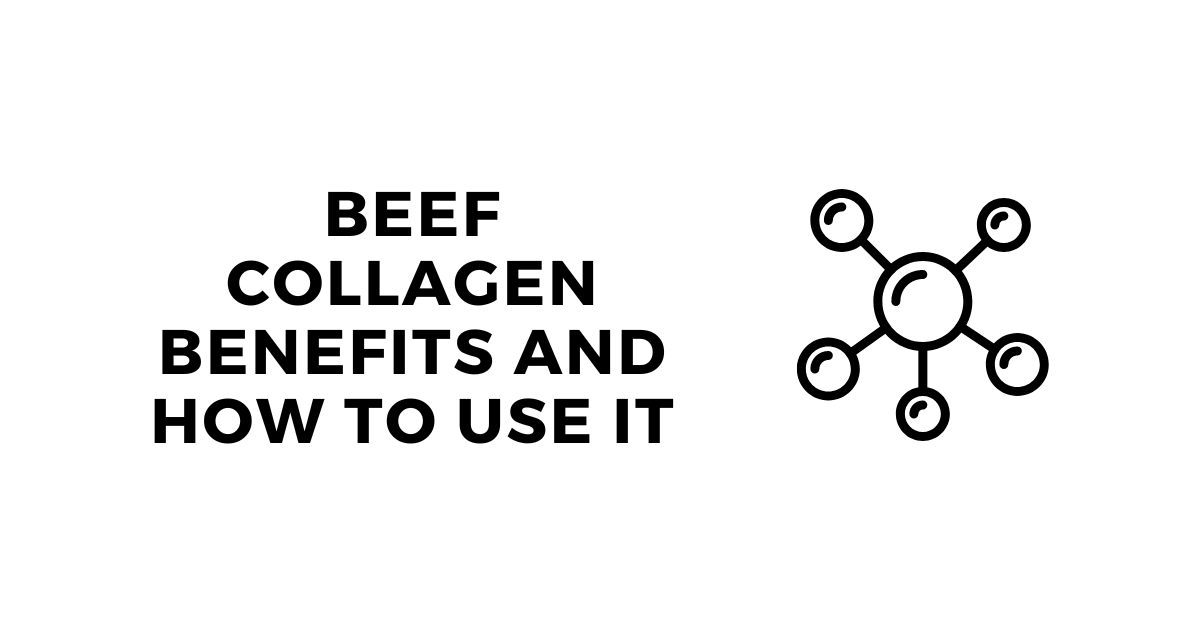
Beef Collagen: What it is, Bovine Benefits, How to Use it
Beef Collagen
If you’re like most people, the thought of eating beef collagen might bring to mind images of plump, youthful skin or long, lustrous hair.
And while it’s true that this nutrient does indeed support both of those things (more on that in a minute), there’s a lot more to it than meets the eye—or rather, the skin.
This guide will teach you everything you need to know about beef collagen, including benefits, sourcing, where it comes from and how to find a quality one.
What is Beef Collagen?
Beef collagen is made from the connective tissues and bones of cows. But to take a quick step back, collagen itself is the most abundant protein found in mammals, including humans and bovines (cow).

It plays a vital role in providing structural support to various parts of our bodies, such as the skin, bones, tendons, ligaments and cartilage.
When it comes to beef collagen, it is typically extracted through a process called hydrolysis, which involves breaking down the collagen molecules into smaller peptides for better absorption by your body.
These collagen peptides are often used in various forms, including powders, capsules and liquids, making it convenient to incorporate into your daily routine.
One of the remarkable aspects of beef collagen is its rich amino acid profile. It has a unique combination of amino acids, including glycine, proline and hydroxyproline.
These rare amino acids are essential building blocks for maintaining healthy connective tissues and promoting their regeneration. These amino acids help to keep your skin firm, your joints supple and assist in your longevity.
When I wanted to start taking collagen for it’s multi-health benefits, I planned on just taking marine collagen. I thought to myself: fish oil is healthy, right, so fish collagen must be too. We don’t take cow oil after all!
Well, once I dived into research, peered into studies and listened to testimonials I learned that bovine collagen has its own set of superpowers that can work wonders for joints, connective tissues and even gut health.
I did learn some reasons to keep taking marine collagen too. Here’s what I learned.

Benefits of Using Bovine Beef Collagen
The health benefits of beef collagen are reducing joint pain, restoring skin elasticity, cartilage growth, decreasing gut inflammation, bone health, digestive benefits and blood sugar control.
Read on as I'm sure you want a deeper explanation for some of these.
1. Helps to rebuild and repair joints and connective tissue
One of the notable benefits of using bovine beef collagen is its potential to aid in the rebuilding and repair of joints and connective tissue.
The unique composition of collagen peptides found in beef collagen can provide support to these crucial areas of the body. Here's a closer look at how it works:
- Joint Health: Collagen is a fundamental component of cartilage, the flexible tissue that cushions and protects our joints. Over time, natural collagen production in the body can decrease, leading to joint discomfort and reduced mobility.
- By incorporating bovine beef collagen into your diet, you can supply your body with the necessary building blocks to support the maintenance and repair of cartilage, promoting joint health and potentially reducing joint-related discomfort.
- Connective Tissue Support: Beef collagen also plays a significant role in supporting other connective tissues throughout the body, such as tendons and ligaments. These tissues are responsible for connecting muscles to bones and providing stability to joints.
- By consuming beef collagen, you can provide your body with the amino acids needed to strengthen and repair these connective tissues, potentially enhancing their resilience and overall function.
2. Reduces joint pain and stiffness
Beef collagen has amino acids, such as glycine and proline, that are crucial for the synthesis and maintenance of cartilage. Cartilage acts as a cushion between bones and when it wears down or becomes damaged, it can lead to joint pain and stiffness.
By supplementing with beef collagen, you may provide your body with the necessary building blocks to support the regeneration and repair of cartilage, potentially reducing joint discomfort.
Inflammation is another contributing factor to joint pain and stiffness. A research review published in 2021 in the National Library of Medicine suggests that the specific amino acids found in beef collagen, such as glycine, may possess anti-inflammatory properties that provide treatment of comorbid diseases, especially of aging (1).
By reducing inflammation in the joints, collagen supplementation may help alleviate pain and stiffness if you have osteoarthritis.
The structure of collagen contributes to the lubrication and smooth movement of joints. By promoting the synthesis of collagen in the body through collagen, you may support joint lubrication, potentially leading to improved mobility and reduced discomfort.
3. Restores skin elasticity and grows nails
Collagen is a vital component of your skin's structure, responsible for its firmness, elasticity and overall youthful appearance.
As we age, natural collagen production declines, leading to the formation of frustrating wrinkles, fine lines and sagging skin.
By supplementing with beef collagen, you can provide your body with the necessary amino acids to support collagen synthesis and help maintain skin elasticity.

This may contribute to smoother, firmer skin and potentially reduce the visible signs of aging. I've used a combination of collagen and bone broth for the last 7 years and I get comments on my skin all the time.
This is despite the fact that I don't use any face wash or have any skincare routine other than from the foods I eat.
I sound like a broken record, but this specific protein is full of glycine and proline, which are crucial for the growth and maintenance of healthy nails. Taking collagen may help strengthen nails, promote their growth and potentially improve their overall appearance.
And if you're looking for a recommendation, read my list of the best collagen supplements for skin.
4. Helps to rebuild cartilage
Cartilage is a flexible connective tissue found in various parts of our bodies including joints. It serves as a cushion between bones, providing support and facilitating smooth movement.
Collagen production may aid in the regeneration and repair of cartilage, contributing to the rebuilding process.
In cases of cartilage injuries or stress, such as those resulting from sports activities or degenerative conditions like osteoarthritis, rebuilding damaged cartilage can be a slow and challenging process.
Beef collagen supplementation may provide additional support during the healing and recovery phase by supplying the body with the necessary nutrients for cartilage repair, according to a study published in 2008 in the National Library of Medicine (2).
I suffered from chronic achilles tendonitis for 5 years before finally getting rid of it for good. What did I do? I combined chicken bone broth (similar protein structure) with 50 mg of vitamin C 1 hour before I run or do calf strengthening exercises.
The timing is crucial as exercise or loading of tendons and cartilage helps to shuttle amino acids into the sight of injury to promote healing.
5. Reduces gut inflammation
The gut lining plays a crucial role in maintaining a healthy digestive system, but many people don't know why. You see, it acts as a barrier, preventing harmful substances from entering your bloodstream while allowing for the absorption of essential nutrients.
Glycine is the single best thing to protect the integrity of the gut barrier. By supplementing with beef collagen (3 g glycine / serving), you may help maintain the structural integrity of your gut lining, promoting its function as a protective barrier.
Also, gelatin (a cousin of collagen) acts as what's called a 'hydrophilic colloid.' This means t attracts and holds onto water. This property can aid in the digestion and absorption of nutrients, as well as promote healthy bowel movements.
If you want to learn more, read my comparison of collagen vs gelatin to learn which is better.

A study published in the National Library of Medicine in 2022 found that 93% of participants who took collagen supplements for the entire course of the study had a reduction in digestive symptoms like bloating (3).
In conditions such as leaky gut syndrome, the intestinal lining becomes more permeable than normal. This permeability allows substances that should remain within the gut to leak into your bloodstream, potentially causing inflammation and other health issues.
Beef collagen, with its amino acid composition, may help in repairing and restoring the integrity of the gut lining, thereby supporting gut healing and reducing the likelihood of harmful substances crossing into the bloodstream.
6. Supports bone strength and density
Collagen is a critical component of the bone matrix, providing structural support and flexibility. It forms a scaffold for the deposition of minerals, such as calcium and phosphorus, which contribute to bone strength and density.
Osteoblasts are specialized cells responsible for bone formation. Research suggests that collagen peptides found in beef collagen may stimulate osteoblasts, promoting bone growth and remodelling.
This can contribute to maintaining bone density and strength over time. An article published in UCLA Health in 2022 found that participants taking collagen peptides had measurably increased bone mineral density within a year (4).
Adequate calcium absorption is essential for maintaining bone health. Collagen peptides may enhance calcium absorption in the intestines, potentially leading to improved calcium utilization for bone mineralization.
7. Helps to improve digestion and absorption
Two crucial amino acids for digestion are glycine and glutamine. Lucky for you, these are found in collagen peptides.
They help nourish and protect the cells of your intestinal wall, promoting a healthy gut lining and supporting overall digestive function.
They also stimulate the production of digestive enzymes. Digestive enzymes play a crucial role in breaking down food into smaller molecules, facilitating proper nutrient absorption.
By supporting enzyme production, collagen may help use absorb nutrients from food when you need them most.
Now let's briefly touch on glycine, which... among other things... is involved in the production of stomach acid. Adequate stomach acid levels are essential for the breakdown of food and the absorption of certain nutrients, such as iron and calcium.
You may get some digestive benefits from collagen or bone broth. Many people do, but there is not a ton of direct research on it yet.
Ultimately, anything you can do to nourish the mucosal layer of your intestines will help you digest and absorb nutrients better than before. It is worth trying because the benefits are immense and there are little downsides of collagen.
8. Helps control your blood sugar because of glycine
Glycine plays a role in glucose metabolism. It is involved in the production of glucose in the liver and the regulation of blood sugar levels.
The cool thing is that it helps enhance insulin sensitivity, which is important for the proper utilization and regulation of glucose in the body.

Glycine levels are lower in the offspring of parents with type 2 diabetes compared to healthy subjects, according to a study published in the National Library of Medicine in 2017. This gives us a clue into the connection between sufficient glycine and insulin production (5).
Glycine may also influence our appetite regulation. Glycine can impact the release of certain hormones involved in hunger and satiety, such as leptin and ghrelin.
By potentially modulating these hormones, glycine may help regulate food intake and prevent excessive spikes in blood sugar levels after meals.
This makes collagen a great supplement for weight loss as well. Looking for a supplement recommendation? Read my guide to finding the best collagen powder for weight loss.
Lastly, glycine rich foods like collagen can help reduce blood sugar spikes post meal These peptides may slow down the digestion and absorption of carbohydrates, leading to a more gradual release of glucose into the bloodstream. This can help prevent sharp increases in blood sugar levels and support better glycemic control.
From a practical perspective, you can try taking collagen before your carb heavy meals to reduce the insulin spike.
Where does beef collagen come from?
Beef collagen primarily comes from the hides, skin and bones of cattle. When processing beef, these collagen-rich tissues are typically used to extract collagen peptides or gelatin, which can then be further processed into collagen peptides, powders or other similar products.
The process of extracting collagen from beef typically involves a series of steps, including hydrolysis or enzymatic treatment, to break down the collagen into smaller, more bioavailable peptides.
These collagen peptides are then purified, dried and processed into various forms, such as powders or capsules, for convenient consumption as dietary supplements. Learn more about where collagen comes from in my guide.
How to Use Bovine Cow Collagen
There's some simple steps you can follow when using bovine collagen, which include:
- selecting the right supplement
- starting with a conservative dose
- see how you feel and assess
- adjust your dose if needed
Let's go through them in detail below.
Step 1: Select the Right Collagen Supplement for Your Goals
Choose a high-quality bovine cow collagen supplement that aligns with your specific health goals. Consider factors such as collagen type, dosage form (powder, capsules or liquid) and any additional ingredients that may enhance the desired benefits.
And if you want to try bone broth instead, read my guide that tells you where to buy bone broth near you and what to look for.
Step 2: Start with One Serving or 10 Grams per Day
Begin your collagen supplementation by taking one serving per day, typically equivalent to around 10 grams.
However, it's important to follow the dosage instructions provided on the specific product you choose, as serving sizes may vary among brands.
Step 3: See How You Look, Feel and Perform after 8 Weeks
Allow your body sufficient time to adapt and experience the potential benefits. It is generally recommended to continue using the supplement consistently for at least 8 weeks.
During this period, observe any changes in your overall well-being, including improvements in skin health, joint function or other specific goals you may have had in mind.
Step 4: Assess Results
After the initial 8-week period, evaluate how you look, feel and perform, taking note of any noticeable changes or improvements you may have experienced. Assessing the impact will help you determine its effectiveness in relation to your goals.
Step 5: Adjust Your Dosage from There
Based on your assessment of the results, you can make dosage adjustments as needed to how much collagen per day you should take. You may choose to increase or decrease the serving size of the bovine cow collagen supplement to achieve the desired effects.
Beef vs Marine Collagen
The difference between beef vs marine collagen comes down to source, taste and types of collagen. Beef collagen is made from the connective tissues, bones and skin of cattle. Marine collagen, on the other hand, is sourced from fish scales, skin or bones of various marine species such as cod, salmon or jellyfish.
Both beef and marine collagen have different types of collagen. Beef collagen is predominantly Type I and Type III collagen, which are known for their benefits to the skin, bones and connective tissues. Marine collagen is mostly Type I collagen, which is particularly beneficial for skin health.
The amino acid profiles of beef collagen and marine collagen differ slightly. Beef collagen has higher levels of proline, hydroxyproline and glycine.
Beef collagen supplements may have a mild flavor and odor that could be noticeable when mixed with beverages or food.
Marine collagen supplements, on the other hand, tend to have a stronger, fishy or metallic taste. In my experience, they really cannot be consumed without some sort of flavor additive.
I've ruined many smoothies by trying to work in marine collagen.
Is beef collagen safe to consume?
Yes, beef collagen is generally considered safe to consume when used as directed. Collagen is a protein that is naturally present in our bodies and is also found in various foods.
However, it's important to note that individual reactions to any substance can vary and some people may be more sensitive or have specific allergies or intolerances.
If you have known allergies or sensitivities to beef, it’s possible that collagen is bad for you. Exercise caution and consult with a healthcare professional before using beef collagen supplements.
Choose high-quality beef collagen products from reputable brands that prioritize safety, quality and transparency. Look for supplements that have undergone third-party testing for purity, potency and quality assurance.
Does beef collagen have any side effects?
Beef collagen is generally considered safe for consumption and is well-tolerated by most individuals. However, as with any dietary supplement, some people may experience mild side effects or adverse reactions.
Some individuals may experience mild digestive issues such as bloating, gas or a feeling of fullness when taking it.
These symptoms are typically temporary and tend to resolve on their own as the body adjusts to the supplement. It may help to start with a lower dosage and gradually increase it to minimize the likelihood of digestive discomfort.
You can also choose a different supplement or food high in collagen that may agree with you more.
If you have any pre-existing medical conditions or are taking medications, you should consult with a healthcare professional before starting any new dietary supplement.
What is the recommended dosage for beef collagen?
The recommended dosage for beef collagen can vary depending on the specific product and brand. It's important to follow the dosage instructions provided on the packaging of the product you choose, as serving sizes may differ among products.
The typical recommended dosage is around 10 grams per day, which is equivalent to one serving. This dosage is commonly used to provide the desired benefits for joint support, skin health and other collagen-related benefits.
Depending on your specific health goals or the reasons for using it, you may choose to adjust the dosage accordingly. Some individuals may find that a lower dosage is sufficient for their needs, while others may require a slightly higher dosage to achieve the desired effects.
Types of Grass Fed Beef Collagen
Wondering where collagen comes from? When it comes to grass-fed beef collagen, there are primarily two types that are commonly available:
- Unflavored gelatin
- Hydrolyzed collagen peptides
Unflavored Gelatin
Unflavored gelatin is a type of grass-fed beef collagen that comes in a gelatinous form. It is made from the hides, feet and skin of grass-fed cattle.
Gelatin is typically used for culinary purposes, such as making homemade gelatin desserts, thickening sauces or soups and adding texture to various recipes. It has the same amino acid profile as collagen protein and shares the same health benefits.
Bovine Hydrolyzed Collagen Peptides
Bovine hydrolyzed collagen peptides, often simply referred to as collagen peptides or collagen powder, are another type of grass-fed beef collagen. These peptides are derived from grass-fed bovine sources and have undergone a process called hydrolysis.
This process breaks down the collagen protein into smaller peptides, making them more easily digestible and absorbable by the body. Bovine hydrolyzed collagen peptides are typically available in powder form and are unflavored, making them versatile and easy to incorporate into various beverages, smoothies or recipes.
Both unflavored gelatin and bovine hydrolyzed collagen peptides provide similar benefits, such as supporting joint health, promoting skin elasticity and aiding in connective tissue repair. The choice between these types may depend on your specific needs, preferences and how you plan to incorporate them into your diet.
Closing Thoughts
Whether you're looking to improve your skin, hair or nails, or seeking relief from joint pain, beef collagen is a great option. Be sure to select a high-quality supplement to get the most benefits.
And if you are overwhelmed, that is okay! Go ahead and read my guide to choosing the best collagen supplement to find the right one for you.
Disclaimer: this information is for educational purposes only and has not been evaluated by the FDA or CFIA. It is not intended to diagnose, treat, cure, or prevent any disease. Please consult your primary care physician for advise on any of this.
Sources
- https://www.ncbi.nlm.nih.gov/pmc/articles/PMC8620403/
- https://pubmed.ncbi.nlm.nih.gov/18416885/
- https://www.ncbi.nlm.nih.gov/pmc/articles/PMC9198822/
- https://www.uclahealth.org/news/collagen-peptides-may-be-beneficial-menopausal-bone-loss#:~:text=Researchers%20found%20that%20a%20year,biomarker%20that%20indicates%20bone%20formation.
- https://pubmed.ncbi.nlm.nih.gov/29094215/

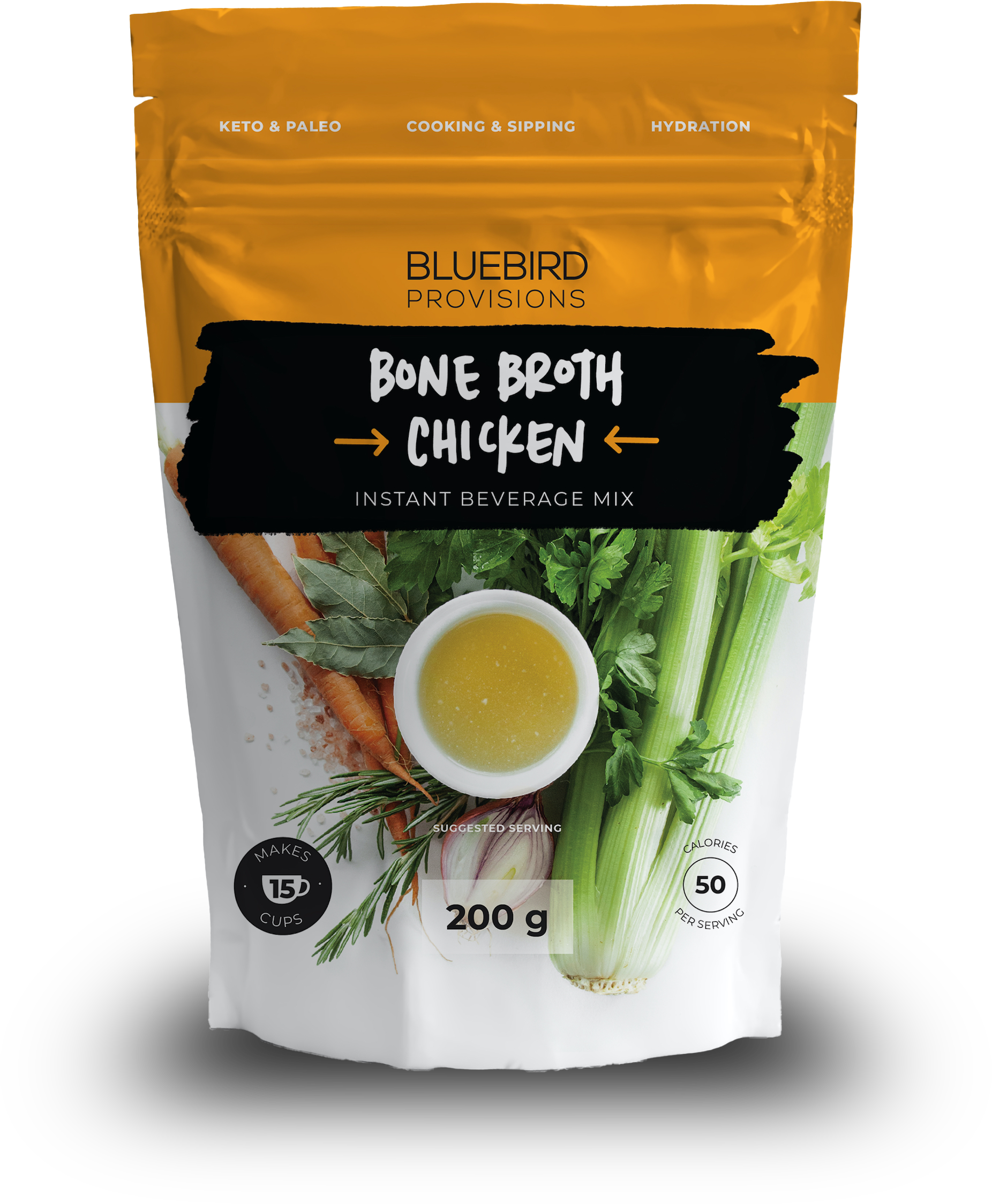
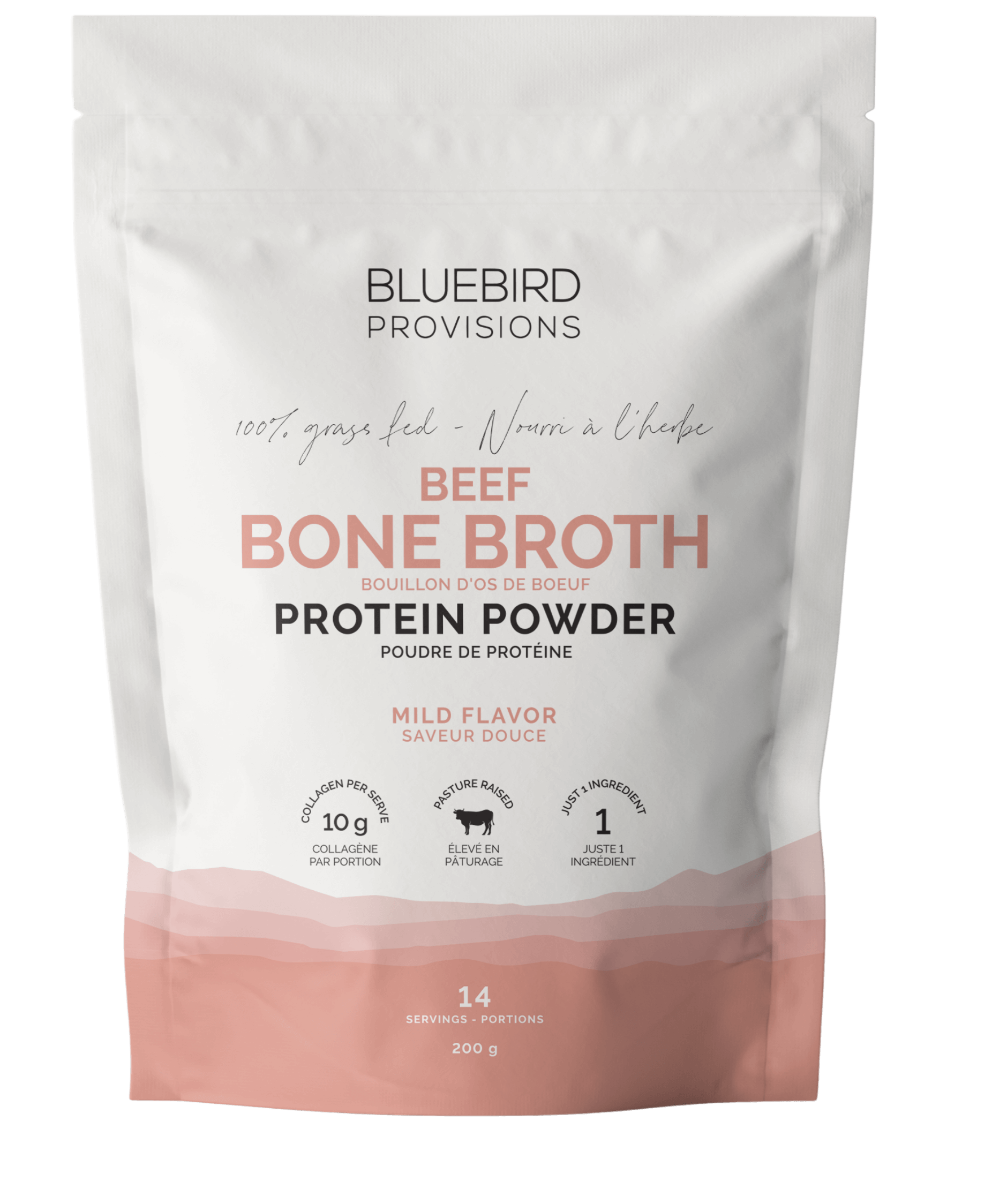
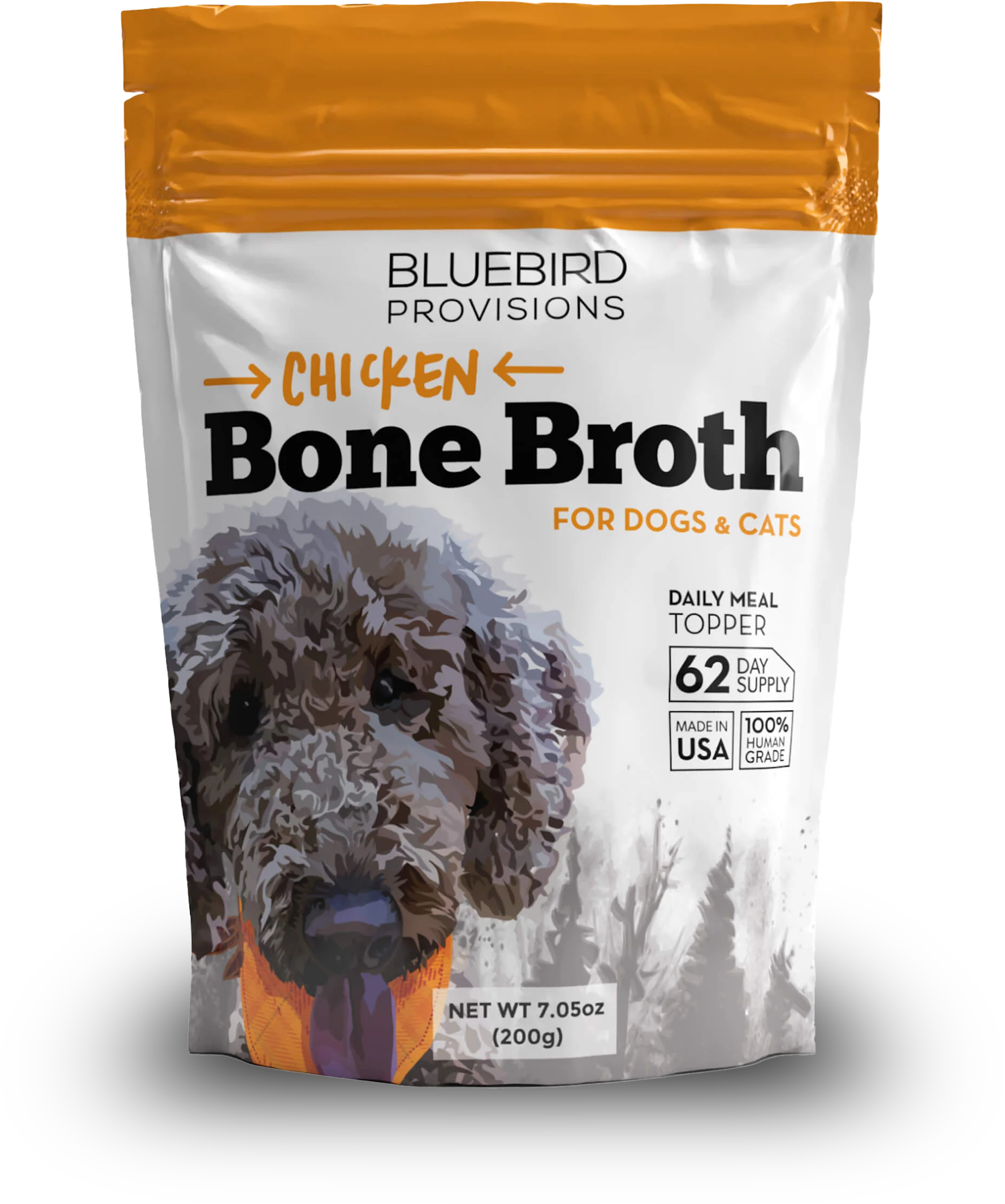
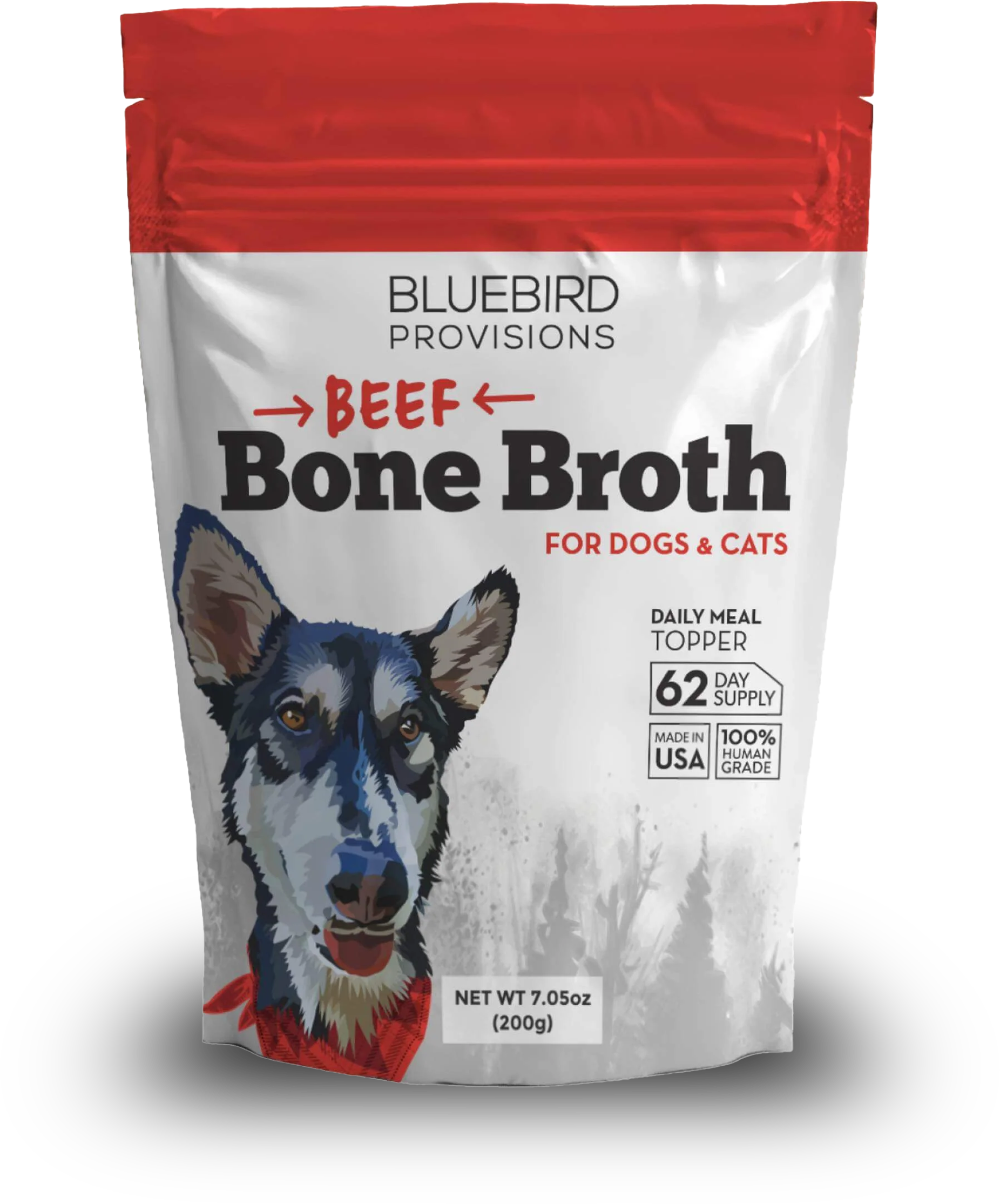
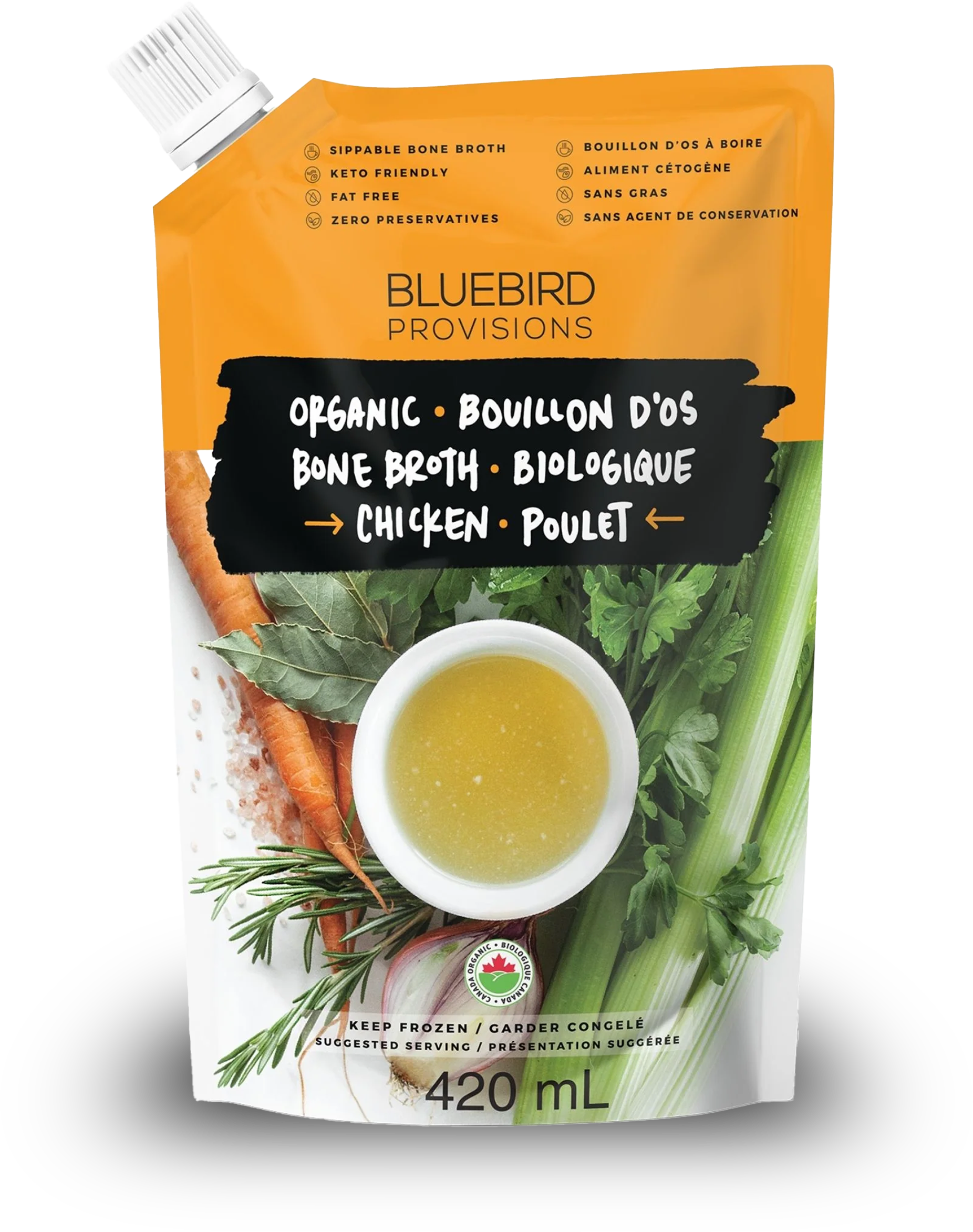
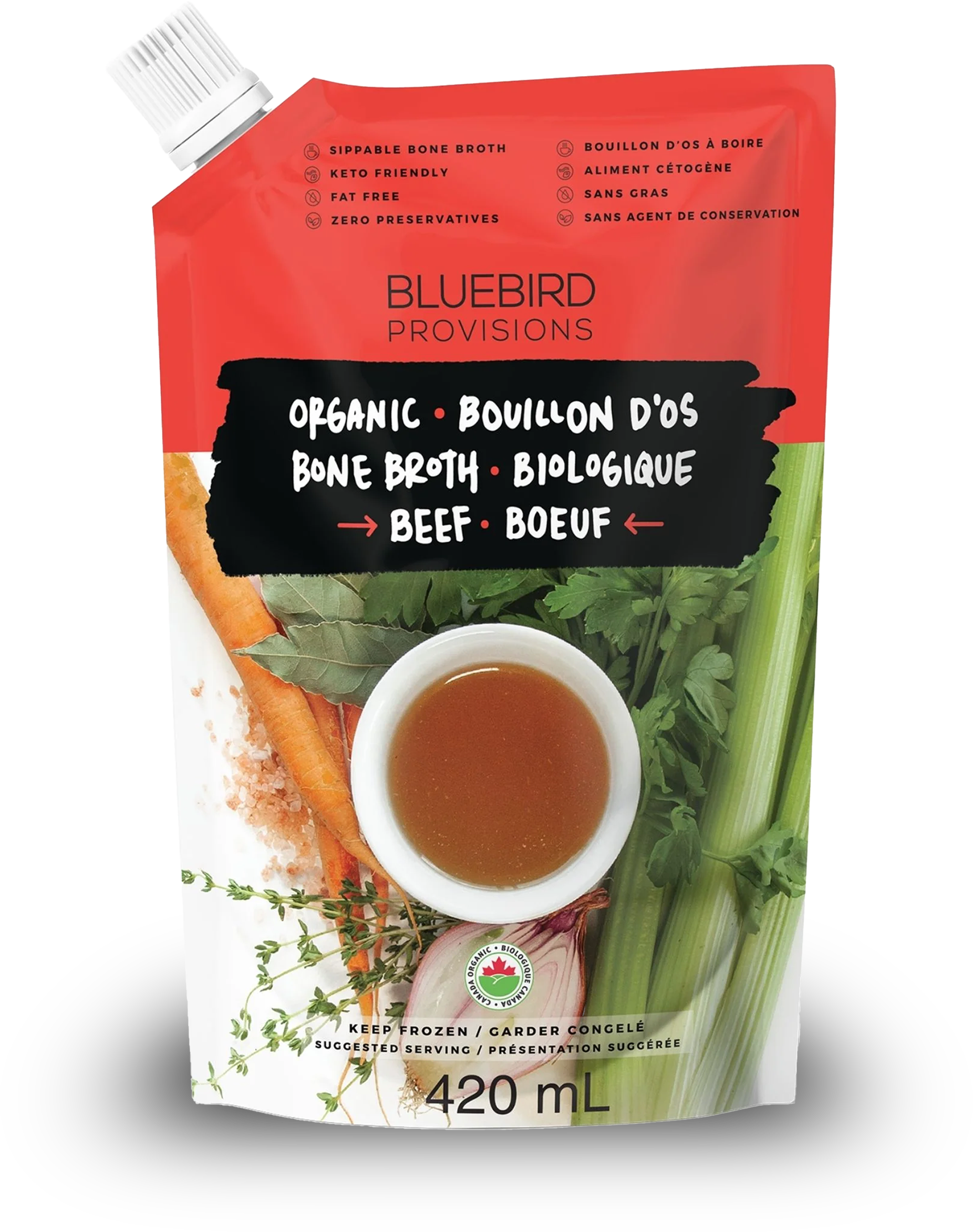


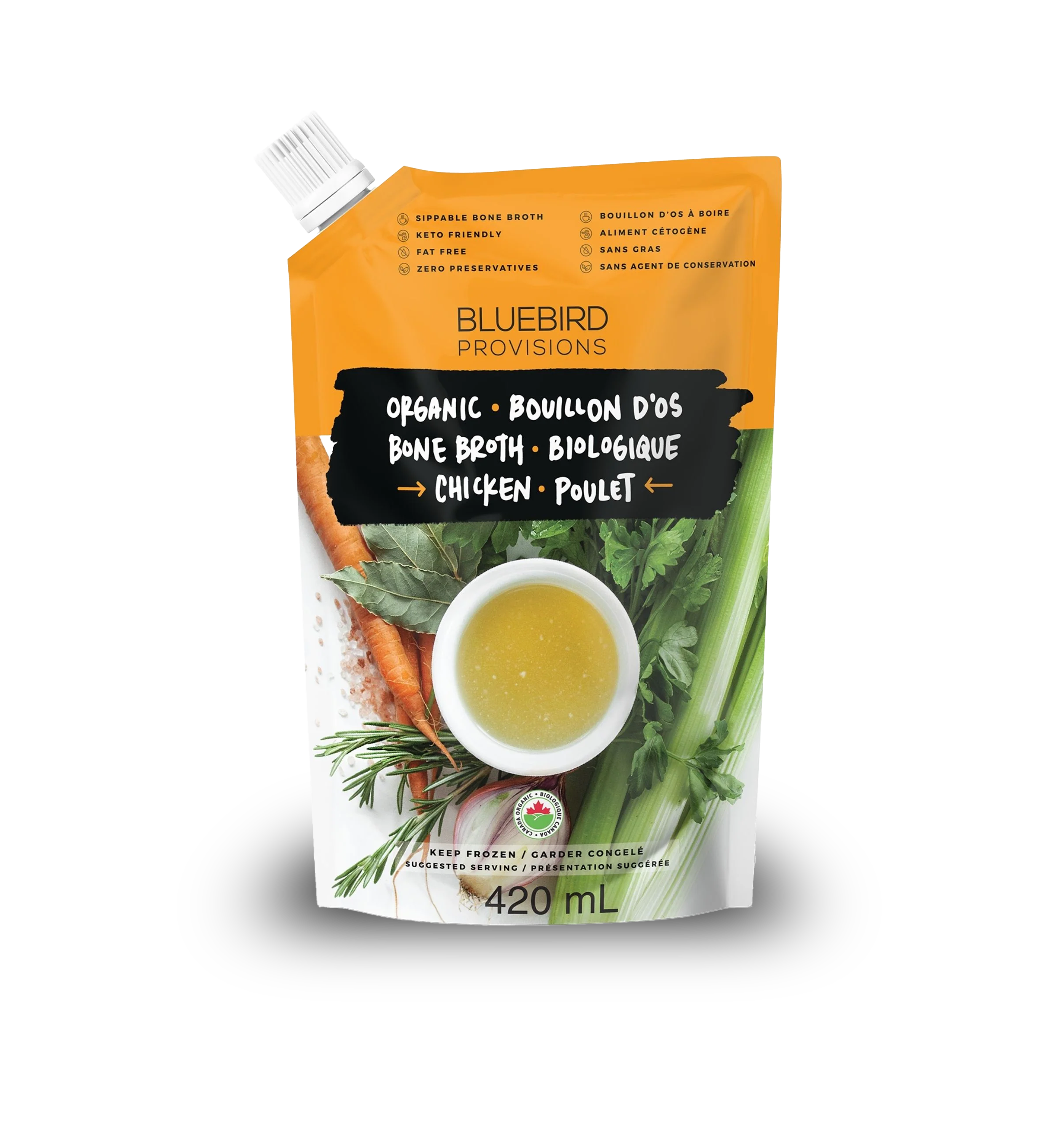
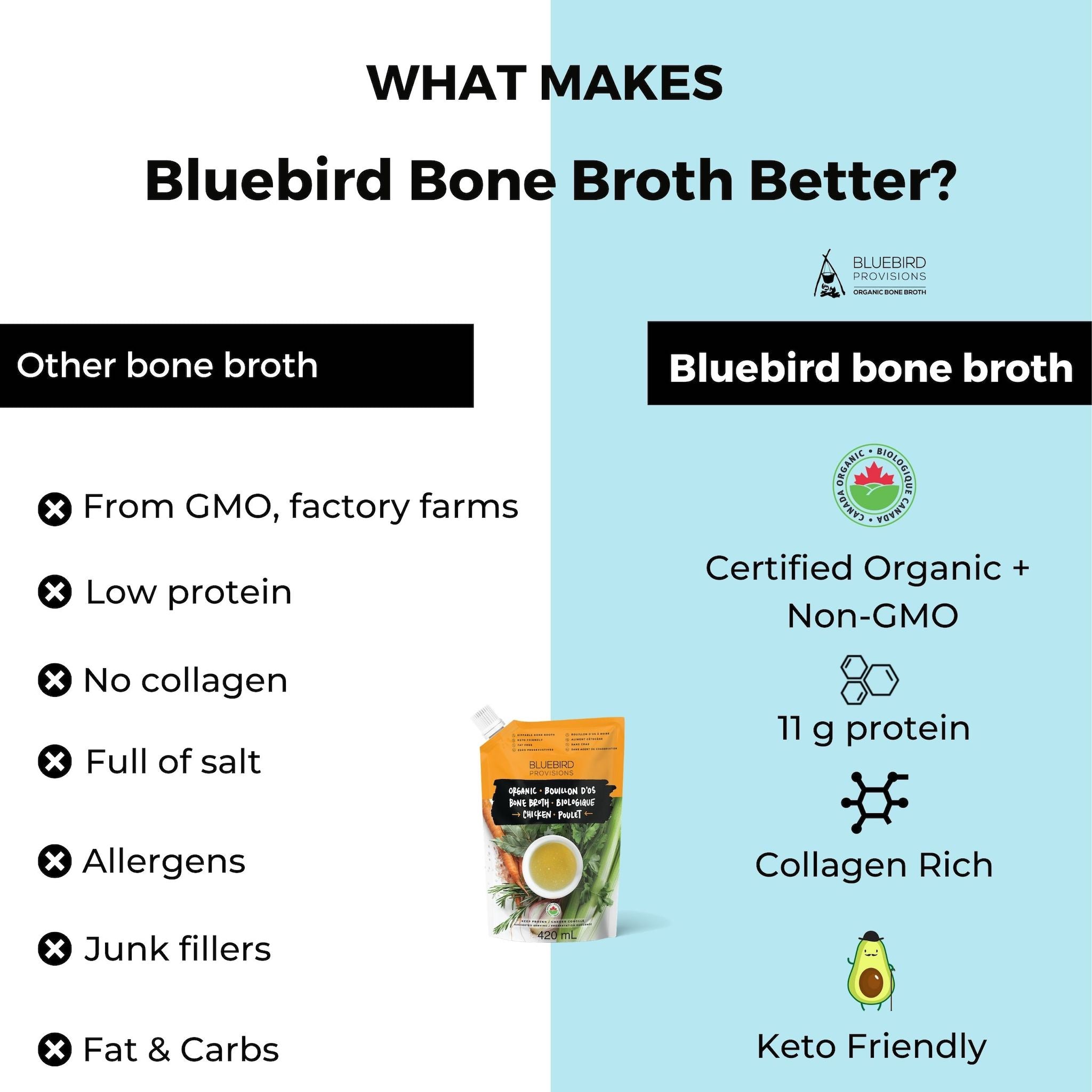
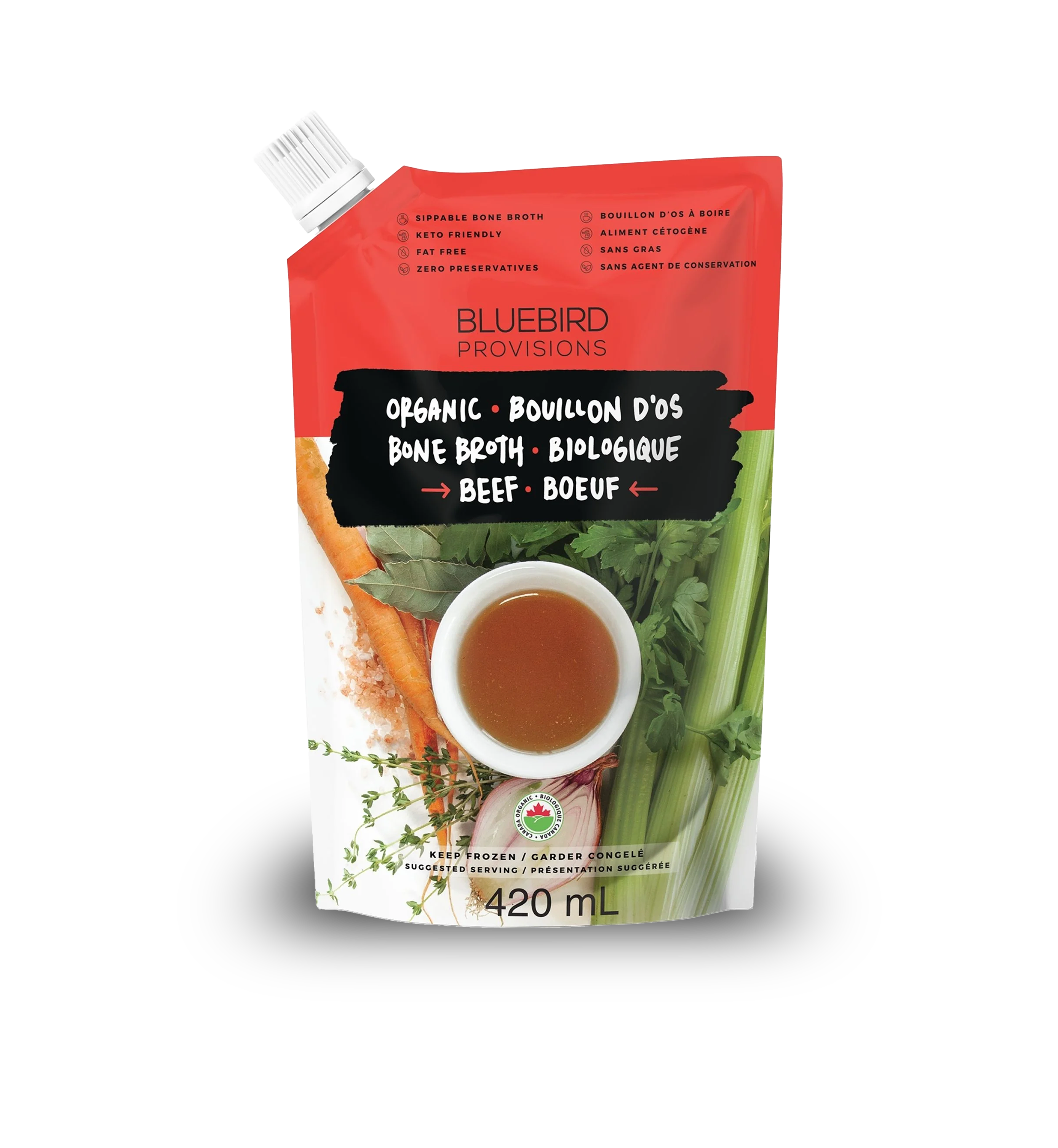
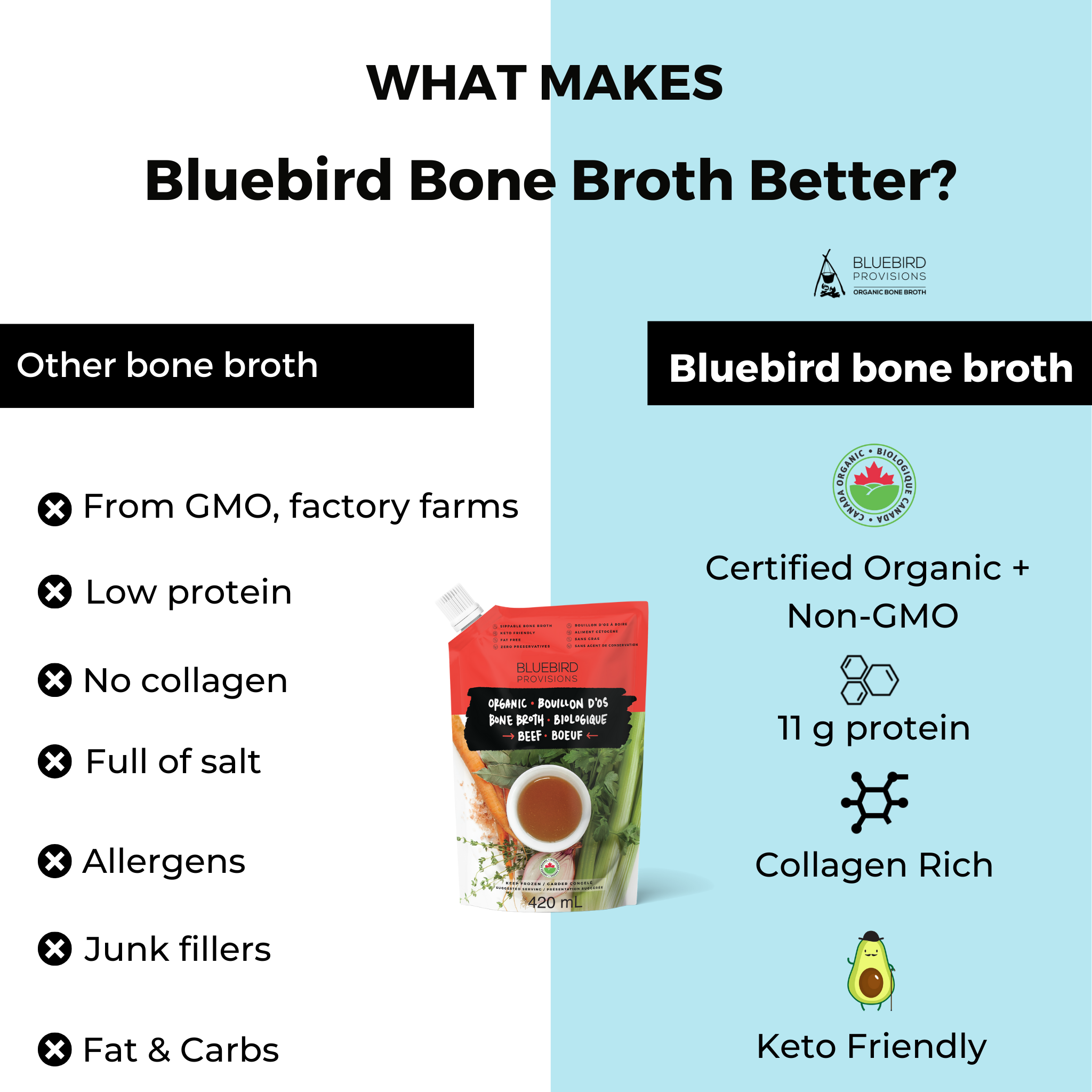
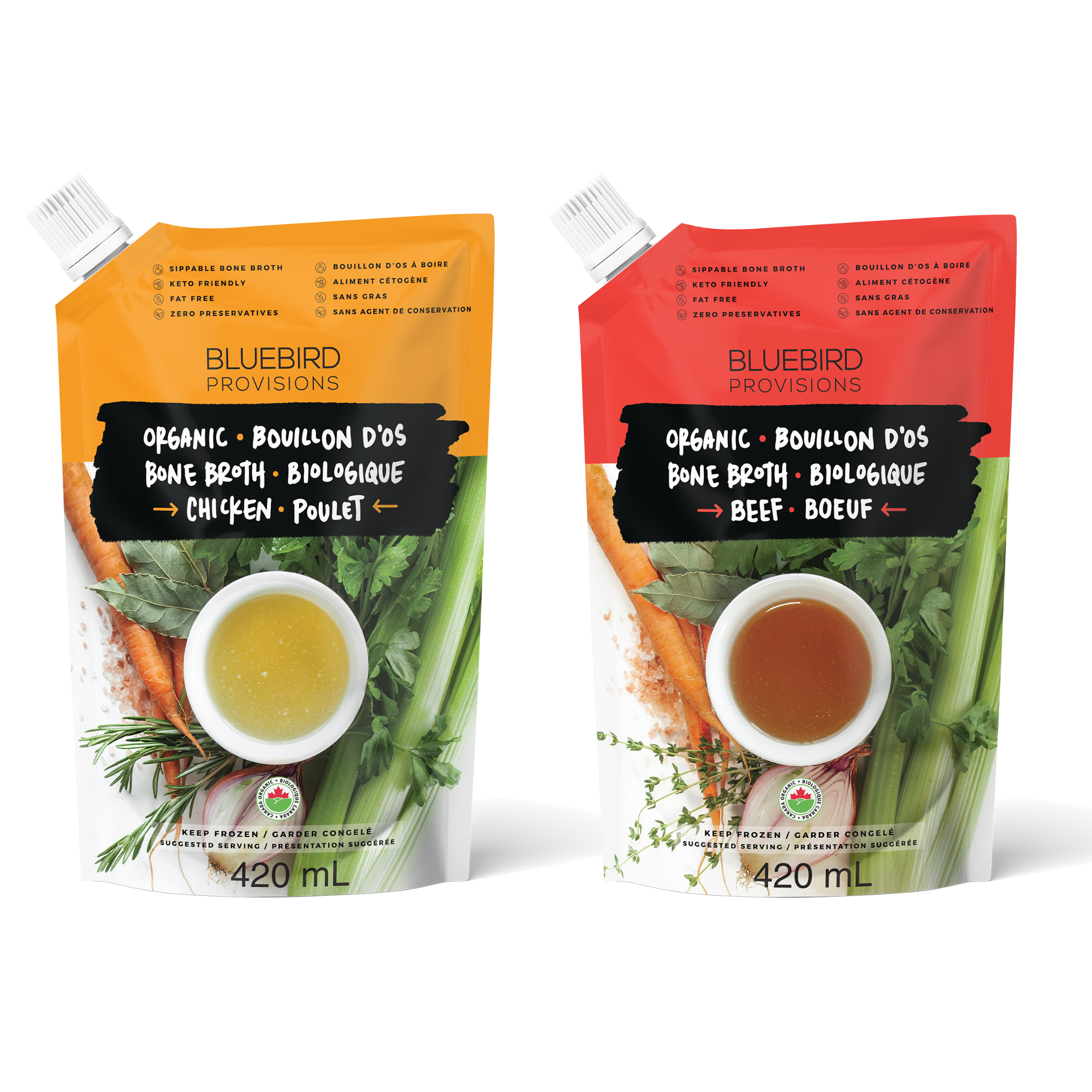

Leave a comment
This site is protected by hCaptcha and the hCaptcha Privacy Policy and Terms of Service apply.